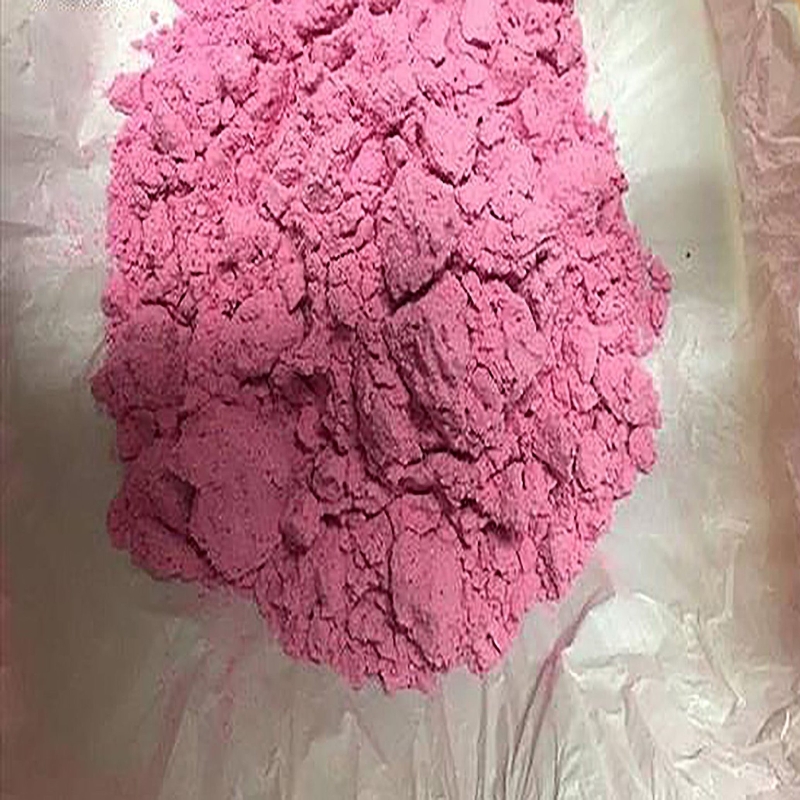-
Categories
-
Pharmaceutical Intermediates
-
Active Pharmaceutical Ingredients
-
Food Additives
- Industrial Coatings
- Agrochemicals
- Dyes and Pigments
- Surfactant
- Flavors and Fragrances
- Chemical Reagents
- Catalyst and Auxiliary
- Natural Products
- Inorganic Chemistry
-
Organic Chemistry
-
Biochemical Engineering
- Analytical Chemistry
-
Cosmetic Ingredient
- Water Treatment Chemical
-
Pharmaceutical Intermediates
Promotion
ECHEMI Mall
Wholesale
Weekly Price
Exhibition
News
-
Trade Service
Anesthesia Nursing Column - Literature Reading Evidence Summary of Perioperative Management of Elderly Patients in Day Surgery Ward Xing Xueyan Tu Shumin, Department of Anesthesiology, Beijing Tsinghua Chang Gung Hospital Xia Lu, Cheng Yun, Zhang Xiaoju China has entered an aging society, and diseases such as tumors, fractures, and severe osteoarthritis in elderly patients make surgical treatment more common
.
Due to various factors such as aging, comorbidity (multiple chronic conditions, MCC), frailty, etc.
in elderly patients, the risk of adverse events during the whole period of perioperative anesthesia is significantly increased.
Multidisciplinary teams such as operating department, anesthesiology department, geriatric medicine department, internal medicine department, symptomatic medicine department, physical medicine rehabilitation department, enteral and parenteral nutrition department,
etc.
The surgical goals should be formulated from the overall perspective of elderly patients, taking into account the benefits of surgery and patients’ wishes; preoperative assessment of elderly patients’ physical condition, cognitive ability, emotion, risk of delirium, nutrition, functional status, frailty, medication, pain, Rehabilitation and other conditions, the preoperative state of elderly patients should be adjusted to the best; special issues such as anesthesia methods and body temperature protection of elderly patients should be paid attention to during operation; vomiting and pain should be effectively controlled after operation, and nutritional support should be strengthened to prevent delirium and maintain function.
Ensure continuity of medical care
.
So, do older people need surgery? How to reduce perioperative risks, reduce complications, and maintain postoperative functional status has become the focus of current medical care, health policy, and nursing
.
According to relevant literature review, we learned that day surgery (Ambulatory Surgery/Day Surgery) was first proposed by Dr.
Nicoll in England.
With the establishment of The International Association of Ambulatory Surgery (IAAS), ambulatory surgery has developed into a A more mature surgical management model
.
In addition, day surgery can significantly shorten hospital stay, speed up bed turnover, reduce nosocomial infections, and improve the efficiency of medical resource use, which has been paid attention and affirmed by patients, medical staff and health administrative departments
.
However, what deserves more careful consideration is that anesthesia and perioperative management are regarded as higher requirements due to the short hospital stay, high mobility, and fast turnover of day surgery patients
.
A total of 11 articles were included in this article—Summary of evidence for perioperative management of elderly patients in day surgery wards, including 2 guidelines, 4 expert consensuses, and 5 evidence summaries
.
The best evidence summarized - including 26 pieces of evidence in 5 stages of perioperative management of elderly patients in day surgery wards, involving: 1.
The importance of perfecting preoperative screening and surgery appointment procedures in the pre-admission stage; 2.
Post-admission Preoperative management items, 3.
Intraoperative anesthesia management, 4.
Three-stage postoperative rehabilitation management, and 5.
Final evidence summary of post-discharge follow-up management Expectations 1.
Actively optimize perioperative process management of elderly patients in day surgery wards 2.
Strengthen The transformation of the best evidence and the development of suitable localized practice programs Most of the existing evidence-based practices for the perioperative management of ambulatory surgery are classified based on disease types or clinical pathways, and the elderly are a high-risk group involved in all types of diseases , lack of evidence-based practice for the perioperative management of their day surgery
.
Considering the combination of scientific research conclusions, clinical experience and patients' wishes, it is recommended to evaluate the use environment and feasibility, and select useful evidence in a targeted manner.
Personnel from relevant departments can formulate relevant plans and processes to apply and transform evidence
.







